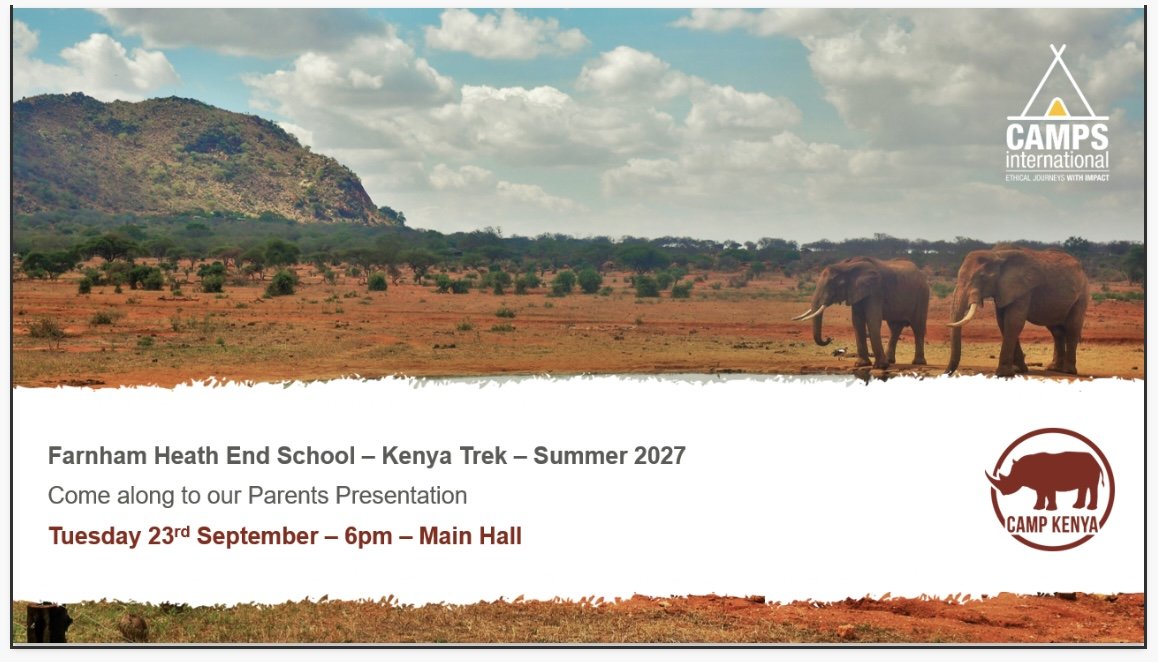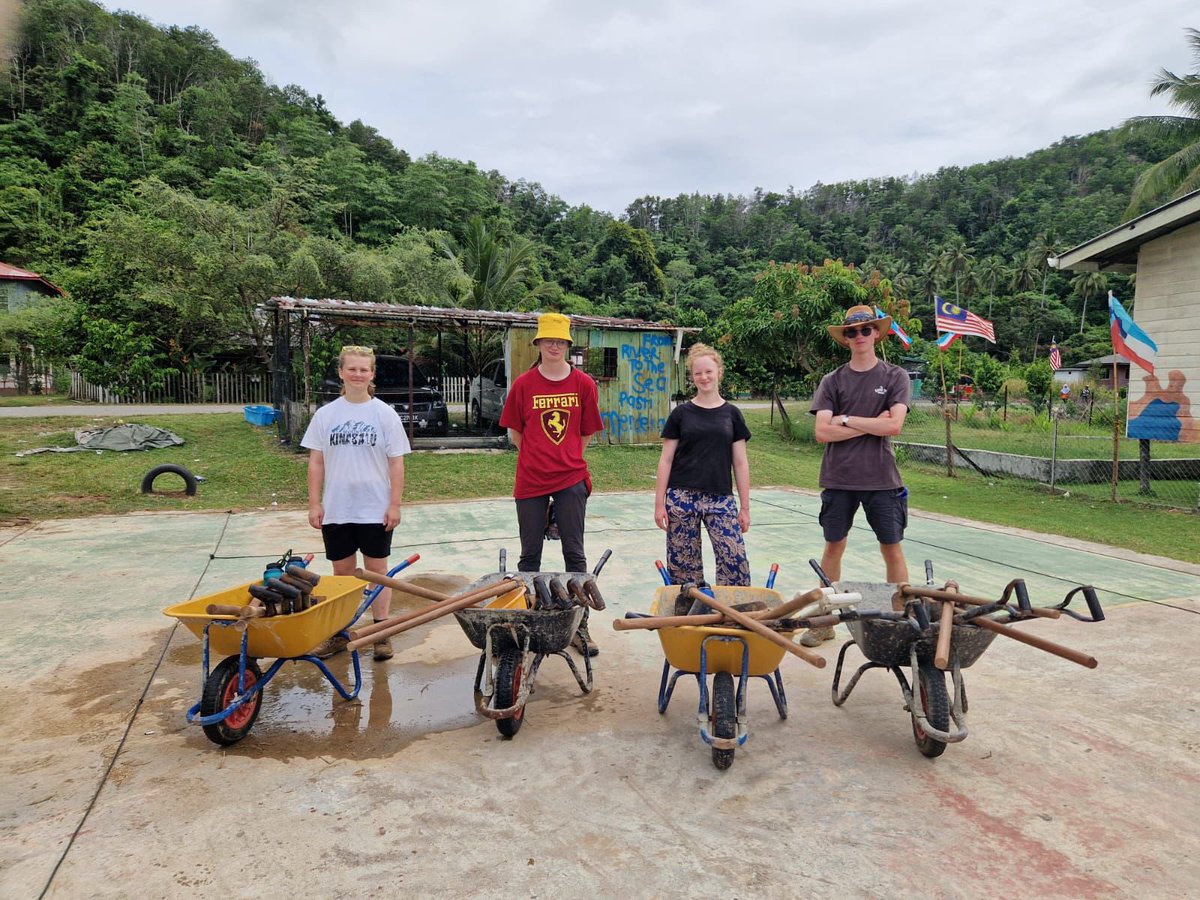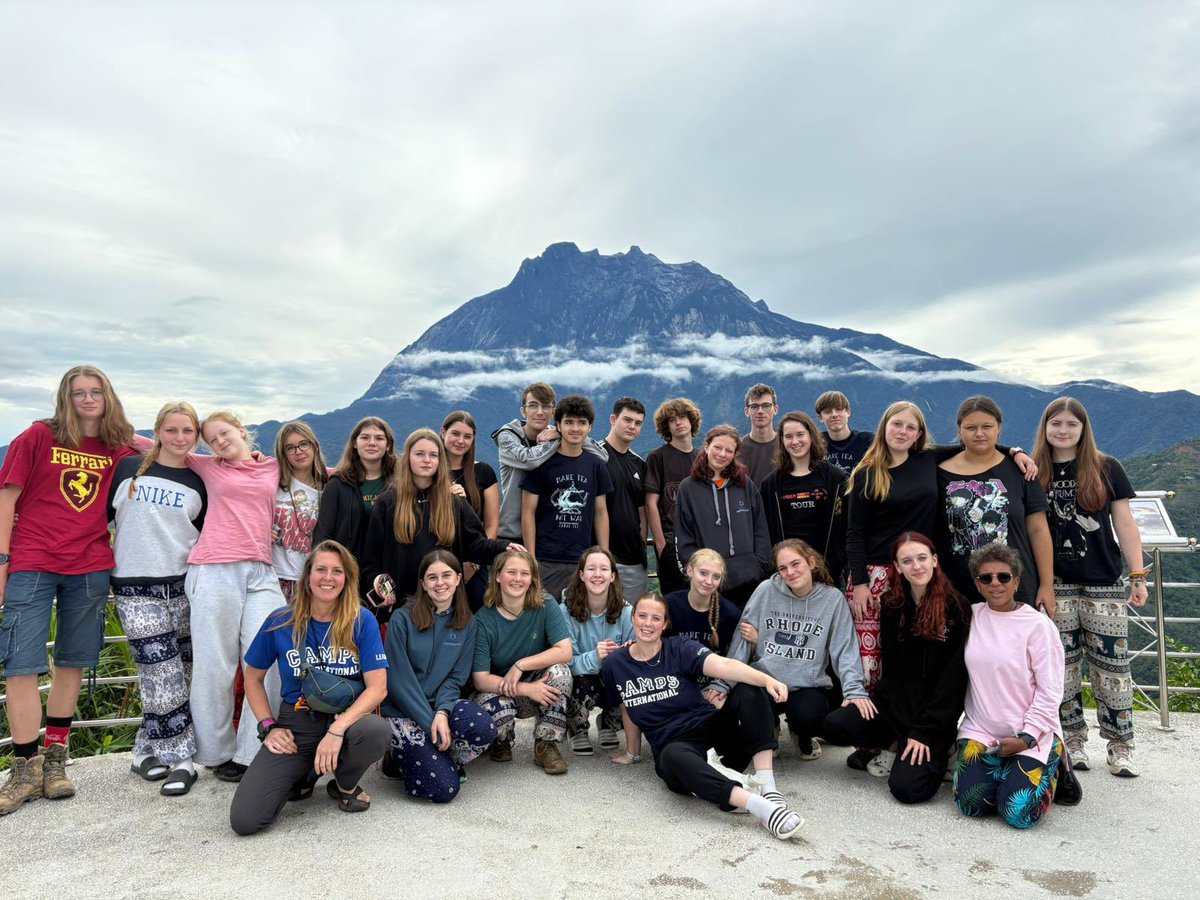 @TeamFHES - 24/10/2025Some amazing feedback for our #TeamFHES students #Culture
@TeamFHES - 24/10/2025Some amazing feedback for our #TeamFHES students #CultureSubject Information - Geography
VISION / AIM
The Geography department wants all students to make sense of the world’s contrasting environments (Human/ Physical) at both local and global scales. This includes knowledge of natural features on earth and how these processes interact with diverse socio-economic structures, cultures and histories.
The Geography department at FHES is enthusiastic and passionate about what our subject can offer our students and we are driven to achieve the highest standards. Our KS3 curriculum is broad, ambitious and covers a wide range of topics to foster students' curiosity and passion through exploration and investigation. We have carefully selected and sequenced the KS3 curriculum so that it supports students to make links between the topics they study across the 5 years through our subjects key threads. The curriculum is designed to progressively increase the level of challenge so that students' skills develop over time and acquire a depth of knowledge. All students are equipped with graphical, analytical and statistical skills to decipher and understand the complexities of the Earth, but also the literacy skills needed to communicate their geographical thinking.
We are proud that geography is included in the English Baccalaureate (EBACC) and that our subject enables students to become well rounded learners with many transferable skills. Geography opens the door to further education and a qualification in geography is considered desirable by many employers. We are committed to ensuring all students enjoy their time studying geography and want to support them in recognising their significance in the world. We seek to be responsive to the learning needs of every student and are inclusive to all. We believe that geography is an important subject for every young person to study, enabling them to learn about their diverse and exciting home here on earth.
Resources and support materials can be found on Google Classroom.
For further information, please contact Miss V Bell, Head of Department, vbell@fhes.org.uk
CURRICULUM OVERVIEW
|
|
Topic 1 |
Topic 2 |
Topic 3 |
Topic 4 |
Topic 5 |
Topic 6 |
|
Year 7
|
Introduction to geography – skills. |
Ecosystems. School site field work. |
Settlements (Urban vs rural) |
Global development.
|
Weather and climate / climate change. School site field work. |
Oceans.
|
|
Year 8 |
Africa’s biomes. |
Tectonic hazards. |
Urbanisation. |
Coastal landscapes. |
Global Super Powers: Discover how countries grow their economies and how they tackle global issues. |
Tourism in the UK. |
|
Year 9 |
Cold environments. |
Globalisation. |
River landscapes.
|
Extreme weather. |
Resource management. |
Issue Evaluation. |
|
Year 10 |
Changing economic world (P2). |
Natural hazards (P1). |
Coasts (P1).
|
Resource management (P2). |
Field work (P3) Swanage. |
|
|
Year 11 |
Urban (P2). |
Ecosystems (P1). |
Rivers (P1). |
Issue Evaluation (P3). |
Revision and exam practice. |
|
KEY SKILLS
|
Key Skills |
Year 7 |
Year 8 |
Year 9 |
|
Cartographic |
|
|
|
|
Graphical |
|
|
|
|
Statistical |
|
|
|
|
Literacy |
|
|
|
|
Field work |
|
|
No field work completed this year. |
|
GCSE Assessment Objectives / Skills |
Year 10 |
Year 11 |
|
AO1: Demonstrate knowledge of locations, places, processes, environments and different scales |
|
|
|
AO2: Demonstrate geographic understanding of: ● concepts and how they are used in relation to places, environments and processes ● the inter-relationships between places, environments and processes |
|
|
|
AO3: Apply knowledge and understanding to interpret, analyse and evaluate geographical information and issues and to make judgements |
|
|
|
AO4: Select, adapt and use a variety of skills and techniques to investigate questions and issues and communicate findings |
|
|
|
Field work |
|
|
GCSE GEOGRAPHY EXAM BOARD
|
Exam Board: |
AQA |
|
Paper 1 Written exam: 1 hour 30 minutes 88 marks 35% of GCSE |
Living with the physical environment (Physical Geography) ●3.1.1 Section A: The challenge of natural hazards. ●3.1.2 Section B: The living world. ●3.1.3 Section C: Physical landscapes in the UK. |
|
Paper 2 Written exam: 1 hour 30 minutes 88 marks 35% of GCSE |
Challenges in the human environment (Human Geography) ●3.2.1 Section A: Urban issues and challenges. ●3.2.2 Section B: The changing economic world. ●3.2.3 Section C: The challenge of resource management. |
|
Paper 3 Written exam: 1 hour 30 minutes 76 marks 30% of GCSE |
Geographical applications ●3.3.1 Section A: Issue evaluation. ●3.3.2 Section B: Fieldwork. |













